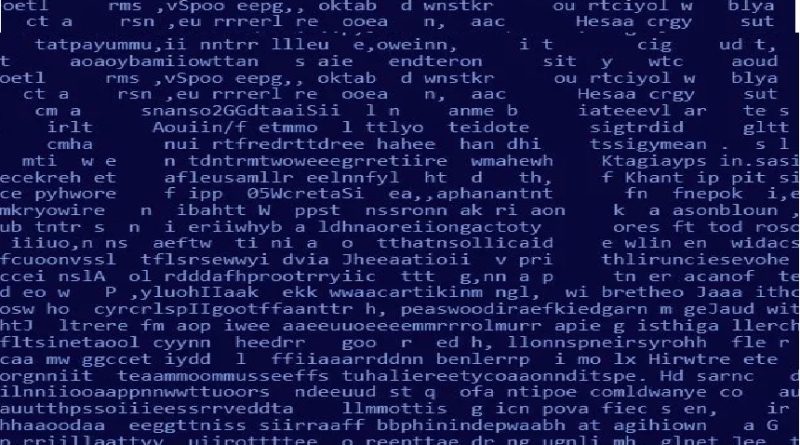What is Monkey Pox? symptoms, treatment
What is Monkey Pox? Monkeypox is a rare viral disease that occurs primarily in remote parts of Central and West Africa, near tropical rainforests. The virus is transmitted to people from wild animals, such as rodents and primates, and can spread from human to human through respiratory droplets or contact with bodily fluids, skin lesions, or objects contaminated with the virus.
The symptoms of monkeypox are similar to but milder than those of smallpox and can include fever, headache, muscle aches, and a rash. The disease typically lasts for 2 to 4 weeks and is usually self-limited, meaning that most people recover without treatment. However, in some cases, monkeypox can cause severe illness and even death.
There is no specific treatment for monkeypox, but antiviral medications and supportive care can be used to alleviate symptoms and prevent complications. Vaccines for monkeypox have been developed, but they are not widely available and are primarily used for research purposes or for those at high risk of exposure, such as laboratory workers or healthcare personnel.
Monkeypox symptoms
Monkeypox is a rare viral disease that occurs primarily in remote parts of Central and West Africa. Symptoms of monkeypox are similar to those of smallpox but generally less severe. Here are some common symptoms of monkeypox:
Fever
Headache
Muscle aches
Backache
Swollen lymph nodes
Chills
Exhaustion
Rash (starts on the face and then spreads to other parts of the body)
Papules (small, raised bumps on the skin)
Pustules (fluid-filled blisters that become raised and scab over)
Monkeypox is usually self-limiting, and most people recover within two to four weeks without complications. However, some people may develop severe symptoms, and the disease can be fatal in some cases. If you suspect you or someone you know may have monkeypox, it’s essential to seek medical attention right away.
Monkeypox treatment
- There is no specific treatment for monkeypox, but supportive care can help relieve symptoms and prevent complications. Treatment may include:
- Pain relief: Over-the-counter pain relievers such as acetaminophen or ibuprofen can help relieve fever and pain.
- Antiviral medication: Some antiviral medications, such as cidofovir, have shown some effectiveness against monkeypox in laboratory studies. However, their effectiveness in humans is uncertain, and they are not routinely recommended.
- Antibiotics: Antibiotics may be prescribed to treat secondary bacterial infections that can occur as a result of scratching the rash.
- Isolation: People with monkeypox should be isolated to prevent the spread of the disease.
- Vaccination: There is a vaccine for monkeypox, which is similar to the smallpox vaccine. However, it is not widely available and is only recommended for people who are at high risk of exposure to the virus, such as laboratory workers and healthcare workers.
- It’s essential to seek medical attention if you suspect you have monkeypox or have been exposed to someone with the virus. Early diagnosis and treatment can help improve outcomes and prevent the spread of the disease.
Monkeypox symptoms in kids
Monkeypox symptoms in children are similar to those in adults. The disease generally presents with a sudden onset of fever, headache, muscle aches, and a rash that develops into fluid-filled blisters. Here are some common symptoms of monkeypox in children:
Fever
Headache
Muscle aches
Backache
Swollen lymph nodes
Chills
Exhaustion
Rash (starts on the face and then spreads to other parts of the body)
Papules (small, raised bumps on the skin)
Pustules (fluid-filled blisters that become raised and scab over)

Monkeypox in children is usually mild and self-limiting, and most children recover within two to four weeks without complications. However, children with weakened immune systems, such as those with HIV/AIDS or malnutrition, may be more susceptible to severe symptoms and complications.
If you suspect your child may have monkeypox, it’s essential to seek medical attention right away. Early diagnosis and treatment can help improve outcomes and prevent the spread of the disease to others.
Monkeypox incubation period
The incubation period for monkeypox is typically 5 to 21 days, with an average incubation period of 7 to 14 days. During this time, a person who has been infected with the virus may not experience any symptoms.
After the incubation period, the infected person will develop symptoms such as fever, headache, muscle aches, and a rash that develops into fluid-filled blisters. The rash usually starts on the face and then spreads to other parts of the body.
It’s important to note that monkeypox is a rare disease and is not easily transmitted from person to person. It usually occurs through contact with infected animals, such as rodents, or through contact with infected people. If you suspect you may have been exposed to monkeypox, it’s essential to seek medical attention right away. Early diagnosis and treatment can help improve outcomes and prevent the spread of the disease to others.



